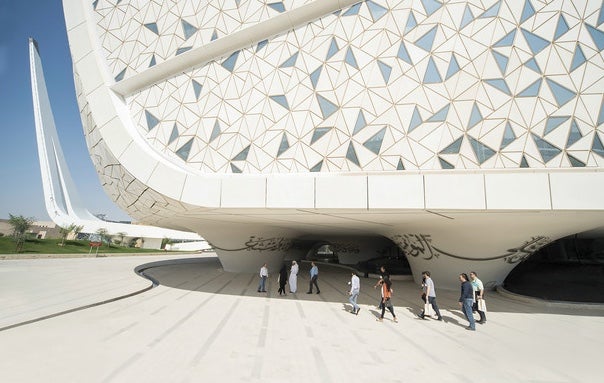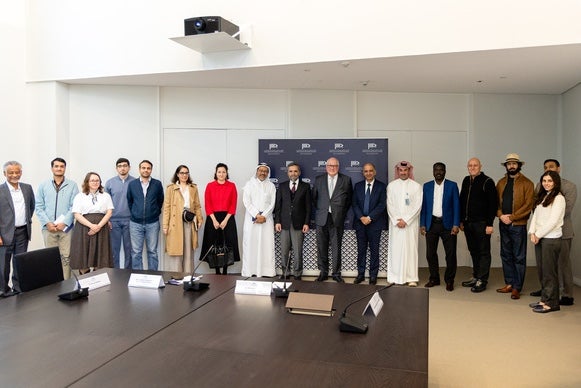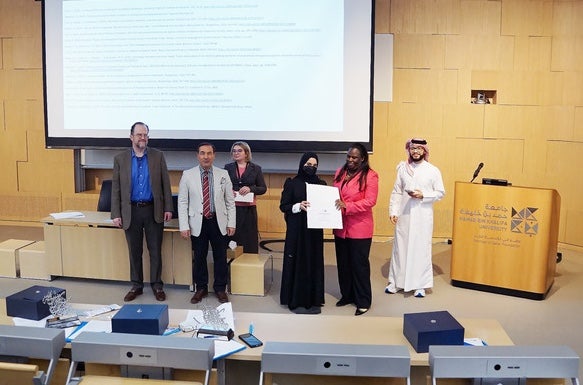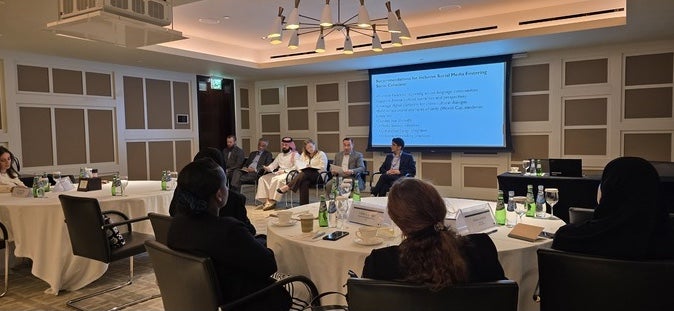Guest lecture underlines how model can enable global expansion of the field

The College of Humanities and Social Sciences (CHSS) hosted Badr El Din A. Ibrahim, Senior Adviser, Arab Gulf Programme for Development (AGFUND), for a special lecture on a novel approach that could facilitate the global expansion of microfinance - the Participatory Model.
Ibrahim highlighted that while traditional and Islamic banking are rooted in different philosophies, their practical applications often converge, with the investment formulas employed within both systems considered analogous. He outlined case studies from Kenya, Ethiopia, and Nigeria, where traditional microfinance providers have adopted profit-sharing, leasing, sales-based, and forward lending methods alongside interest-based lending, demonstrating how these practices could be adopted without regard to religious considerations or changes in existing regulatory frameworks.
Based on Ibrahim’s book, Conventional Route to Interest-Free Microfinance, the lecture detailed how Western microfinance institutions could incorporate the Participatory Model into their operations. He explained how these practices leverage conventional concepts while remaining aligned with Islamic finance principles, offering a straightforward roadmap for the global expansion of microfinance.
Ibrahim concluded his talk by describing how the Participatory Model could be integrated into existing social mitigation programs led by the International Monetary Fund, World Bank, and Consultative Group to Assist the Poor, emphasizing its potential as a sustainable strategy for fostering financial inclusion to underprivileged communities.








